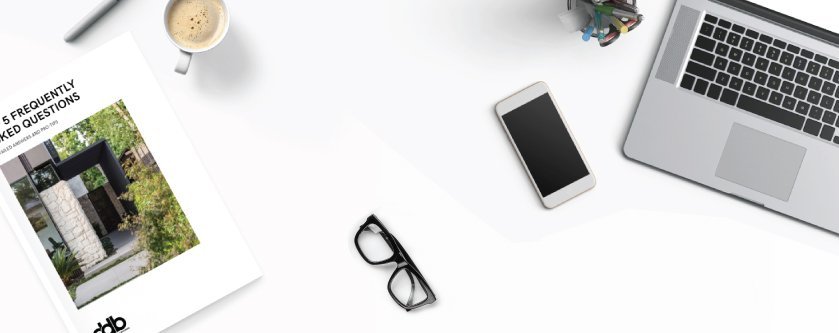
EMAIL #157 - 20TH FEBRUARY 2022 - "THE BENEFITS OF SAYING NO"
Hi Team,
Following on from last week's email topic about "dealing with overwhelm", one of the best ways of preventing having too much on your plate is by "saying no". But this prompts the question, when you run a business that involves marketing and promoting a brand to attract customers, isn't it counterintuitive to say no to potential customers that come through your door? The answer lies in the fact that success in business and in life is all about valuing your time and experience and saying no to the wrong clients or saying no to the wrong opportunities or experiences. We all have the same limited number of hours each week, and it's super important to use your time wisely.
"In life you can do anything, but you can't do everything." Unknown
Generally we are taught from a young age that saying yes is good and positive and saying no is bad and negative. In many circumstances this is true. If a friend or family member asks for help or for a favour you should generally say yes and help them out. But in a professional setting this moral obligation often does not apply or serve you well. As a residential builder I am contacted several times a week by strangers asking for advice or for specific contacts or suppliers and after saying yes for more years than I'm proud to admit, I now recognize this for what it is "free advice" and a complete waste of my time. But in the moment it's still very hard for me to say no (especially over the phone, hence a big advantage of email communication!).
"The difference between average results and exceptional results is what you avoid." Shane Parish
It's logical to think that saying yes more often should lead to growth and new opportunities, but the wrong yes actually creates ongoing obligations and time commitments that cost you days, weeks or even years of lost productivity and stress. Unfortunately this is a lesson that most of us learn the hard way after saying yes to the wrong client, then suffering the consequences for years to come. Just look at my decision to say yes to the "Brighton client" that I have mentioned in several previous emails. At the time of signing this building contract I suspected they may be the wrong clients for me and for DDB, but I had already invested several months of time working on their documentation and quote, and it was a $2.6m job in a prestige street, so I said yes and signed the bloody contract. Now seven years down the track, after a 2-year legal battle and $60k of legal fees we are due to have a VCAT mediation next week to finally sort out how much money I have to pay this client to end this whole saga!!
Daniel Kahneman an Israeli-American psychologist and the author of the best-selling book "thinking fast and slow" advises that you should never say yes to any significant decision on the spot or on the phone. He advocates taking your time to think about it overnight (i.e., to sleep on it), talk it through with your spouse or a trusted employee and email back your decision the following day. He also advises that you should never say yes out of obligation or as a quick fix. The wrong yes's can be avoided by having clear standards and criteria for saying no. For example, my criteria for saying no to a new building client are below. A yes to any of these criteria and I will not agree to do the job.
- The job is outside our geographic area of operation.
- The client’s budget does not match their expectations.
- The wrong personality mix.
- Poor documentation.
- Unappealing design.
"Saying no is like saving money in the bank, whereas saying yes is like spending it." Daniel Kahneman
Thanks for reading,
Stay safe and know when to say no.
David.
